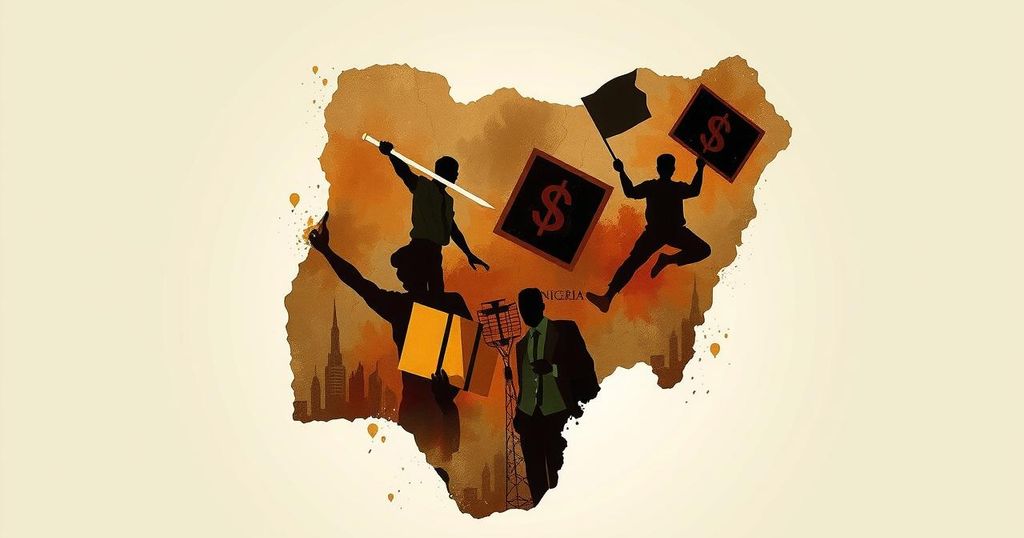Nigerians Remember Muhammadu Buhari: A Complex Legacy
- Muhammadu Buhari ruled Nigeria as both a military dictator and a democratic president.
- His rule left Nigerians with a legacy of missed opportunities and rising inequality.
- The 2020 protests against SARS highlighted severe discontent with his administration.
- Buhari’s government received criticism for its handling of economic and security issues.
- The former president’s policies contributed to Nigeria’s significant debt and economic challenges.
Buhari Leaves Behind a Divisive Legacy
Buhari’s legacy is a mix of high hopes and stark disappointments. After taking office in 2015, he garnered significant support—hope for real change surged among Nigerians eager for better governance. However, as the years progressed, many citizens felt let down as their expectations fell victim to persistent challenges and controversies surrounding his administration.
Protests Erupt Amidst Growing Discontent
The protests against police brutality in October 2020 highlighted the growing dissatisfaction with the Buhari government. The public outrage erupted primarily against the Special Anti-Robbery Squad (SARS), which had been accused of countless abuses. Buhari’s initial action was to disband the unit, but as protests escalated, he chose to deploy security forces, leading to tragic violence, including the deadly killings at the Lekki Toll Gate.
Economic Policies and Security Challenges
Another cornerstone of Buhari’s presidency was his handling of the economy, which faced significant turmoil during his time in power. Critics argue that his policies, including the 2019 border closures and an artificial currency peg, not only worsened inflation but also drove Nigeria deeper into recession. Sadly, these economic decisions have left a heavy burden of debt for his successors to tackle while insecurity spiked even further amid rising violence from groups like Boko Haram.
The legacy of Muhammadu Buhari remains a topic of robust debate, marked by deep divisions among Nigerians. Although he came into power with great promise, his time in office was marred by protests, economic challenges, and unresolved insecurity. As the nation mourns his passing, reflections on his complex and controversial presidency will undoubtedly continue to shape the narrative around Nigeria’s future.




Post Comment